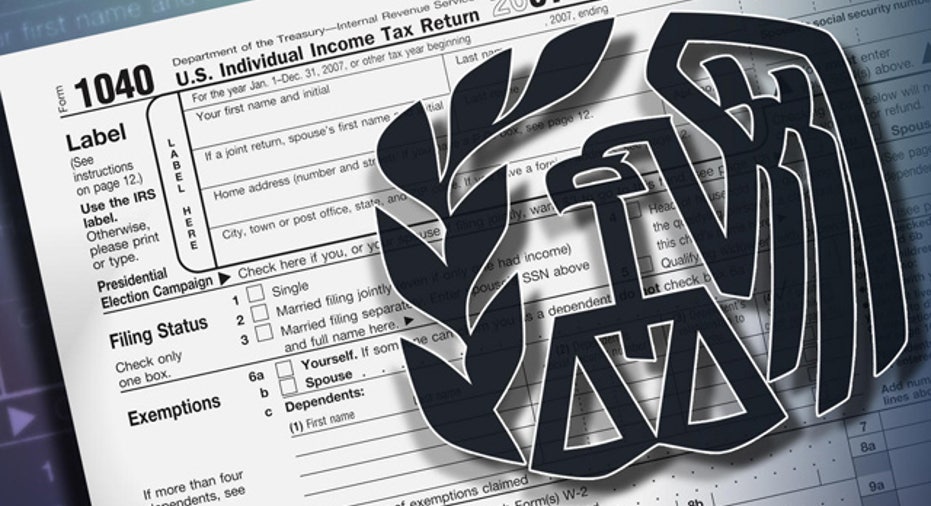New Requirements for Tax Preparers

Before this year, there were no IRS-enforced standards governing the tax preparation industry. Almost anyone could prepare a tax return for compensation without any educational or other requirements. But that all changed this year. Now, all tax preparers are required to register with the Internal Revenue Service and obtain a Preparer Tax Identification Number (PTIN) that must be listed with their signatures on any tax returns they prepare for compensation. In addition, starting in 2013, all tax preparers must pass a tax exam and obtain 15 hours of continuing education every year.
A number of federal and criminal statutes have been in place that impose fines on tax preparers for certain transgressions, such as tax fraud, identity theft or disclosing a client’s confidential information without authorization. So in a sense, there is some regulation in the industry, but they are after the fact.
Now, the IRS wants to qualify preparers from the start in order to minimize consumers’ risk. Aside from successful passing of the exam and the continuing education requirements, it will fingerprint and perform background checks on every tax preparer candidate. Those declined due to prior convictions will have the right to due process and appeal.
Some states do regulate the tax industry. For example, in Oregon and California, all compensated tax preparers must register with the state and fulfill continuing education requirements every year.
Enrolled agents, certified public accountants and tax attorneys are already required to be licensed. They must pass an exam and fulfill annual continuing education requirements. Not all preparers are happy with the new regulations, particularly those who offer low-cost preparation or work part-time. They claim the new exam fees and registration costs will drive them out of business.
Registration for a PTIN is $63, and the annual exam fee is expected to be around $125. Currently, the fee for the exam for enrolled agents (a one-time, multi-part exam) is $315. The IRS currently offers webinars and other continuing education classes at no or low cost through their Tax Practitioner Institute and National Forums.
The Institute of Justice is filing a lawsuit against the IRS claiming the regulations exceed its authority. The institute contends that the licensing unfairly targets independent tax return preparers, and will hurt—or even close—their businesses, and are an unconstitutional infringement on their economic liberties.
“Practice” before the IRS was originally meant to denote the professional practice of attorneys and CPAs in representing taxpayers in proceedings before the IRS—such as arguing their client’s case in a hearing before an IRS Appeals Officer—not simply preparing and filing a tax return,” the institute says in a statement.
According to Dan Alban, the attorney leading this lawsuit, some of the mega tax preparers requested an exemption from the licensing requirement.
While economic liberty and keeping government from overstepping its bounds are important issues so is continuing education for tax preparers. After all, tax law changes on a daily basis.
Bonnie Lee is an Enrolled Agent admitted to practice and representing taxpayers in all fifty states at all levels within the Internal Revenue Service. She is the owner of Taxpertise in Sonoma, CA and the author of Entrepreneur Press book, “Taxpertise, The Complete Book of Dirty Little Secrets and Hidden Deductions for Small Business that the IRS Doesn't Want You to Know.” Follow Bonnie Lee on Twitter at BLTaxpertise and at Facebook.



















